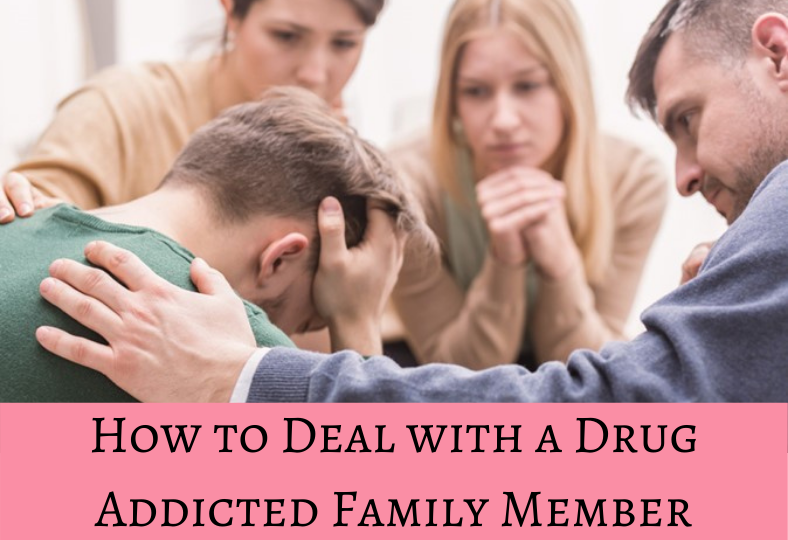When someone is struggling with addiction, it can a burden not just for the addict, but for close friends and family as well. The family members affected rarely know how to best address the situation and help their loved one through their time of crisis. Many addicts begin to withdraw from close friends, neighbors, etc in an effort to conceal the addiction from them. This will often have tragic consequences on the addict’s family members who are also suffering, as they try to reach out and help their relative and often have a feeling of helplessness. It’s not uncommon for these family members to become depressed, needy, angry and guilty about the entire situation. A drug recovery center that specializes in addiction can often be the best place to start. But recovery is very hard and even though we all know there is a problem, we should do all we can to help the individual feel better and pull himself or herself out of addiction.
Seek Help
Addiction recovery isn’t an easy road, no matter how strong the family ties may be. It takes strength, courage and the willingness to truly want the best for your loved one. Many families begin with the local treatment programs, but once those programs stop offering treatment or they aren’t able to afford the expensive treatment, many families turn elsewhere. There are local treatment programs that have long-term recovery programs, outpatient treatment programs, inpatient treatment programs and a variety of other options that are available for families who suffer from addiction. Each family must make the decision on the type of treatment that will work best for them, as well as what type of support system they feel would be best to assist them in their journey through recovery.

Intervention
One popular way to help your loved one is by staging an intervention. In order to stage an intervention successfully, you should start by making yourself present. This means that you should not just be there physically, but truly be there for them in every way that you can and be willing to do whatever is necessary to help them make it through their struggles. you should inform them that you are there to help them get past their problem, and that they need to take an active role in battling their addiction. Then, you should formally introduce yourself and explain what the purpose of your intervention is. Be sure to be even more cautious if your family member suffers from a mental illness.
You should then allow the person to speak freely about their addiction, their feelings, and their thoughts regarding their problem. You should gently encourage them to identify certain triggers that lead to their addictive behaviors. You should make sure that they understand that overcoming their addiction will take a significant personal and mental leap forward. After your loved one has spoken freely, you should emphasize how important it is for them to get help now, before their condition becomes out of control. Also, be sure they understand what a drug rehab facility is really like. Most people have a picture in their mind that is nothing close to reality.
Understanding
Helping a family member with addiction can be an impossible task if you are not understanding of their situation and supporting them in every way possible. Unfortunately, many people who suffer from addiction will lie to get you to believe that they are getting better. Denial is one of the symptoms of addiction. They are trying to shield themselves from judgment as well as preventing the sympathy that comes from others when you are an addict.
It’s important that we take the time to recognize that addiction affects not only ourselves but those around us as well. As recovering addicts we may find ourselves overwhelmed with our own feelings and that of our loved one trying to recover. Recovery is a lifelong process and it doesn’t stop when we leave the treatment facility or after leaving the local alcohol or drug rehab.





